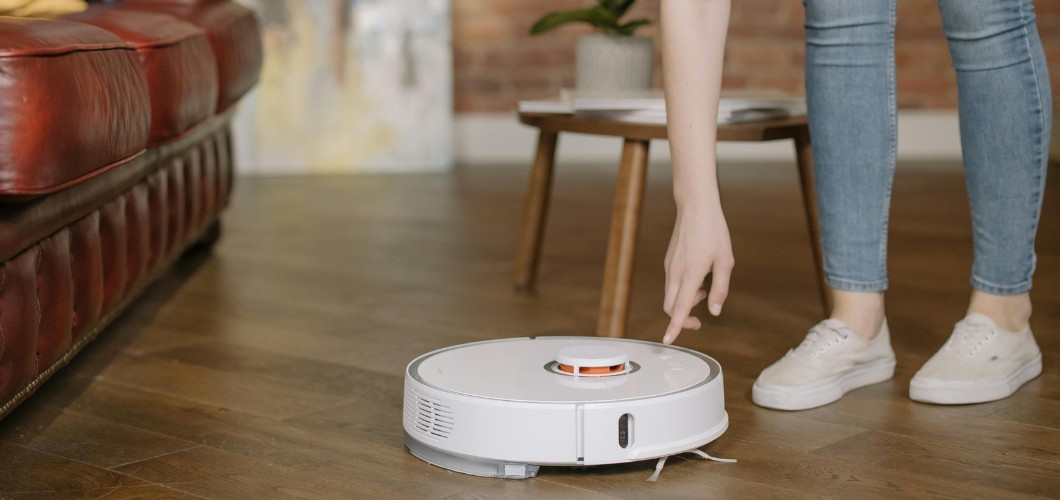In a world where robots and machine learning technology are increasingly taking over repetitive tasks, humans are finding new opportunities to engage in work that is more meaningful, creative, and fulfilling. Rather than replacing human workers, robots equipped with machine learning technology are becoming valuable collaborators, enabling individuals to focus on roles that require emotional intelligence, strategic thinking, and innovation.
Robots: The Repetitive Task Masters
Robots excel at performing repetitive, dangerous, or physically demanding tasks, often powered by advanced machine learning technology. For instance, at Amazon, robots handle heavy lifting and sorting, reducing the risk of injury for human workers. This automation enables employees to transition into roles that involve higher-level decision-making and customer interaction, as Robots Free Humans from Repetitive Tasks
Similarly, in hazardous environments like the archaeological site of Pompeii, robotic dogs equipped with machine learning technology assist researchers by navigating dangerous terrains, thereby protecting human lives,, according to the World Economic Forum.
The Rise of Human-Centric Roles
With robots managing the mundane, humans are stepping into roles that leverage uniquely human skills:
Creative Professions: Fields such as design, writing, and marketing benefit from human creativity and emotional insight, areas where AI and machine learning technology still have limitations.
Healthcare and Education: Empathy and personal connection are crucial in caregiving and teaching, roles that robots cannot replicate.
Strategic Decision-Making: Humans are adept at navigating complex social dynamics and making ethical judgments, skills essential in leadership and policy-making.
Collaboration, Not Replacement
The future of work is not about humans versus machines but about collaboration. Adaptive collaborative control models enable robots and humans to work together as peers, sharing decision-making responsibilities to accomplish common goals.
Companies like Amazon are investing in retraining programs to help workers transition into roles that involve overseeing and maintaining robotic systems powered by machine learning technology, ensuring that automation leads to job enrichment rather than displacement.
A Future of Meaningful Work
As robots take over repetitive tasks using machine learning technology, humans are liberated to pursue work that is more aligned with their passions and values. This shift has the potential to lead to a more fulfilling and balanced life, where work is not just about earning a paycheck, but also about contributing to society and fostering personal growth.
In conclusion, the integration of robots and machine learning technology into the workforce is not a threat but an opportunity, a chance to redefine work in a way that enhances human well-being and creativity.
Also read: AI in Everyday Life: How Machine Learning Is Transforming Daily Activities



